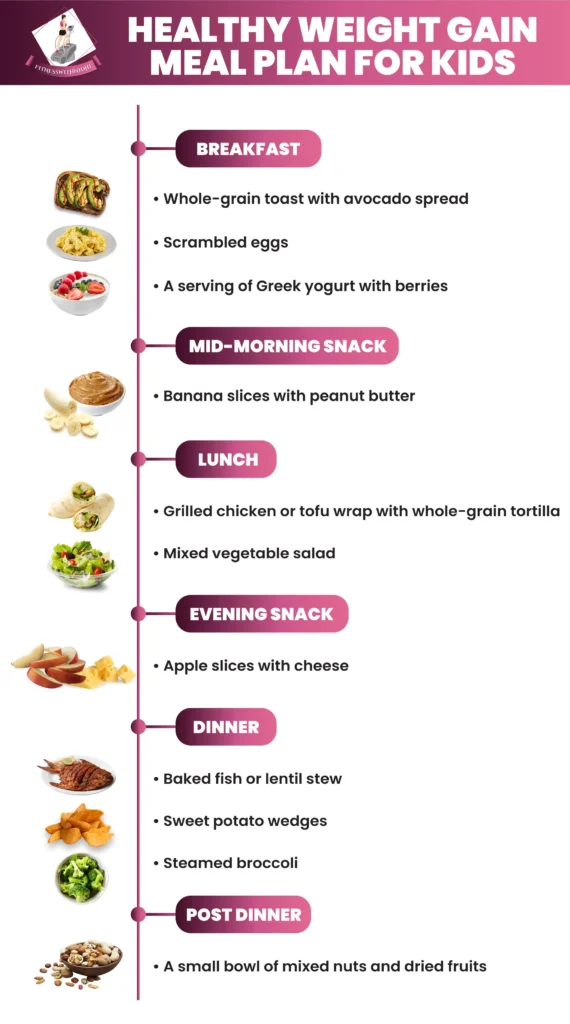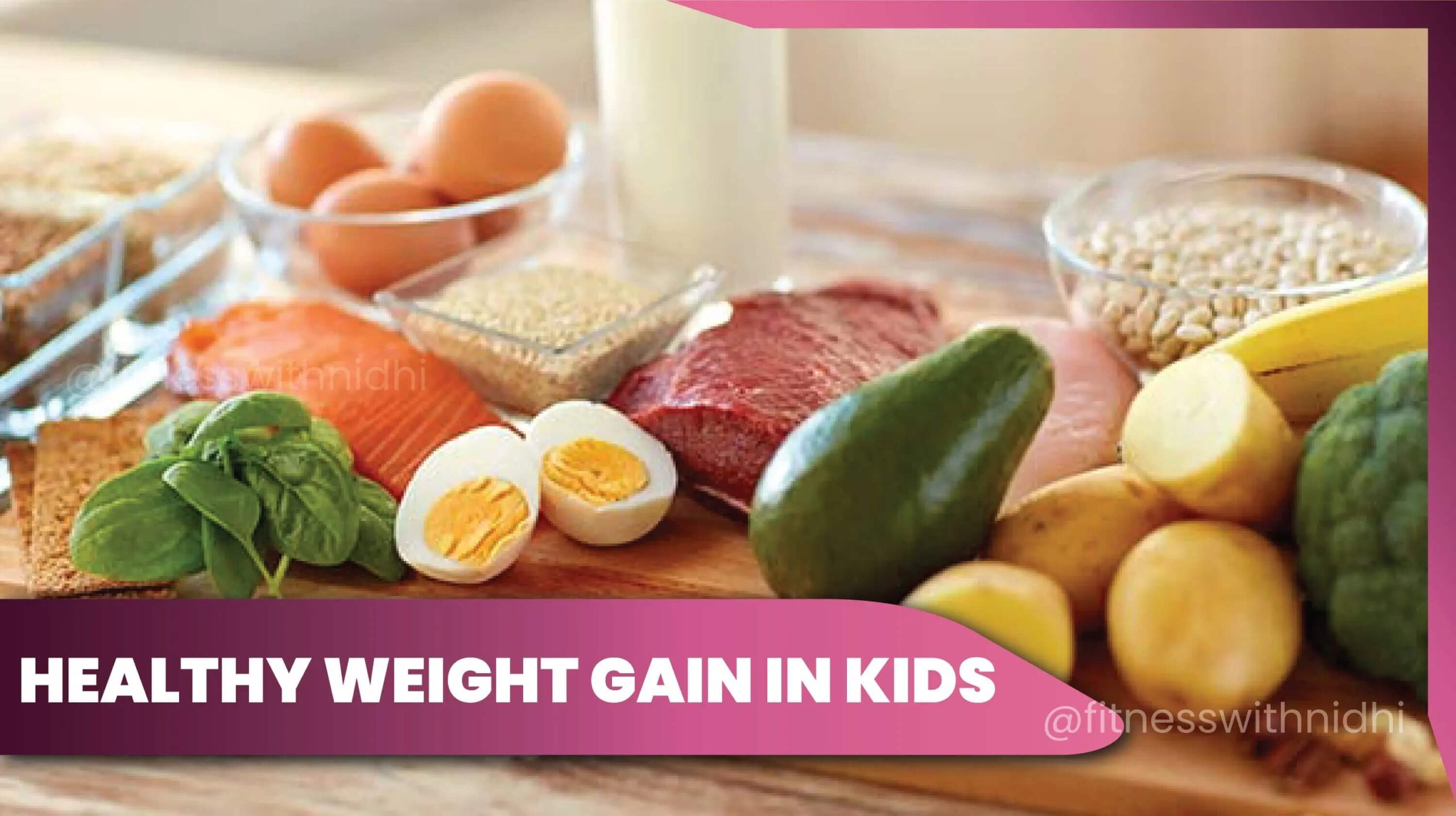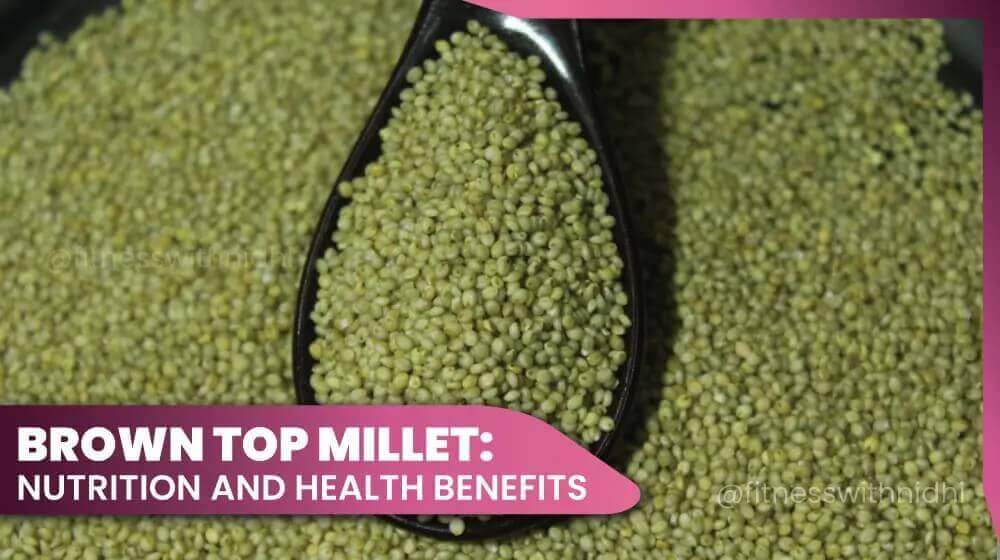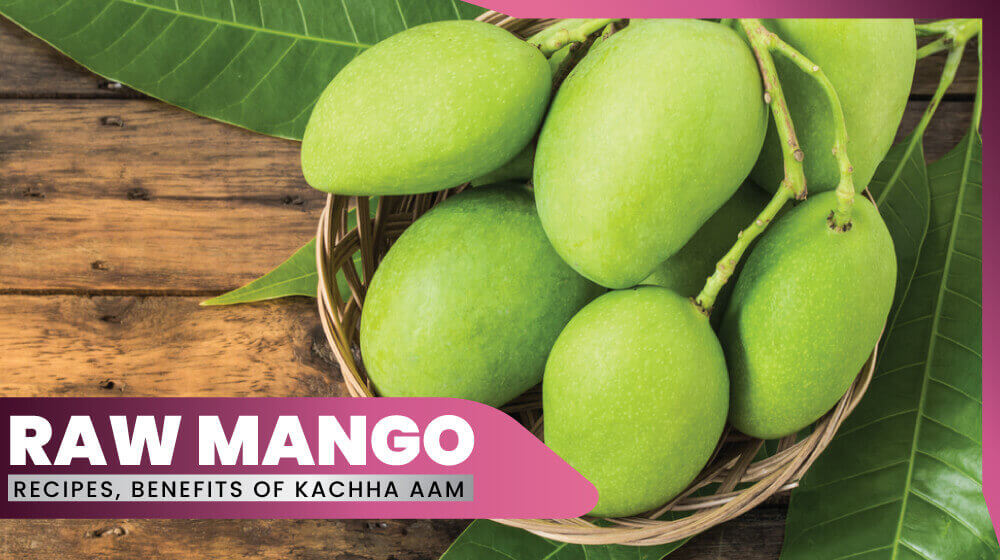Ensuring that children maintain a healthy weight is a common concern for parents. While much attention is given to managing childhood obesity, it’s equally important to address the needs of children who may struggle with underweight or slow weight gain. Healthy weight gain in kids is about fostering a balanced and nutritious diet that supports their growth and development. Let’s explore the factors contributing to healthy weight gain, highlight key foods for weight gain in kids, and provide a sample meal plan to guide parents in nourishing their children effectively.
4 Factors Contributing to Healthy Weight Gain:
- Nutrient-rich foods: Prioritize nutrient-dense foods to ensure your child receives essential vitamins and minerals. Include a variety of fruits, vegetables, whole grains, lean proteins, and healthy fats in their diet.
- Regular Meals and Snacks: Encourage a consistent eating schedule, including three main meals and nutritious snacks in between. This helps maintain a steady intake of calories throughout the day.
- Balanced Macronutrients: Ensure that your child’s meals contain a balance of carbohydrates, proteins, and fats. Carbohydrates provide energy, proteins support muscle development, and healthy fats aid in overall growth.
- Hydration: Keep your child well-hydrated with water throughout the day. Adequate hydration is crucial for digestion, nutrient absorption, and overall well-being.
Confuse About Your Kids Ideal Daily Calorie Intake?
Use Our Calorie Calculator to Calculate Your Child Optimal Calories
5 Foods for Healthy Weight Gain in Kids
- Protein Rich Foods
Proteins play a crucial role in a child’s development, serving as the building blocks for muscles, bones, and tissues. Additionally, protein helps regulate hormones, supports a strong immune system, and contributes to the overall energy balance. For children aiming for healthy weight gain, a protein-rich diet can make a significant difference by promoting lean muscle mass development.
5 Protein Rich Foods for Kids:- Lean meats (chicken, turkey, fish)
- Eggs (Scrambled Eggs, Hard Boiled, Omelette)
- Greek yogurt
- Nut and Seed butter (Almond, Peanut, Pumpkin)
- Legumes (beans, lentils)
- Complex Carbohydrates
Complex Carbohydrates are a primary source of energy for the body, supplying a steady release of glucose that helps maintain blood sugar levels. For children aiming for healthy weight gain, incorporating complex carbohydrates into their diet ensures that they have the necessary energy to support physical activity, growth, and daily functions.- Whole grains (brown rice, quinoa, whole wheat)
- Oats
- Sweet potatoes
- Whole-grain bread and pasta
- Healthy Fats
When it comes to fostering healthy weight gain in kids, healthy fats play a crucial role in this process. Not all fats are created equal, and incorporating the right kinds of fats is essential for supporting growth, brain development, and overall well-being.Healthy fats serve as a concentrated source of energy, providing essential calories for growing bodies. Fats, particularly omega-3 fatty acids, are crucial for brain development and cognitive function in children.
Certain vitamins, like A, D, E, and K, are fat-soluble, meaning they are better absorbed in the presence of fats. Adequate fat intake supports the absorption of these essential vitamins. Fats are essential for building and maintaining cell membranes, contributing to the structural integrity of cells.
- Avocado
- Nuts and seeds
- Olive oil
- Fatty fish (salmon, mackerel)
- Coconut oil and Milk
- Dairy and Calcium Rich Foods
Dairy and calcium-rich foods play a pivotal role not only in building strong bones but also in providing a source of high-quality calories for growing bodies. Calcium is crucial for the development and maintenance of strong bones and teeth in growing children. Adequate calcium intake supports proper muscle function and helps prevent muscle cramps.Calcium is essential for blood clotting, contributing to the overall health and well-being of a child. Calcium plays a vital role in nerve transmission, supporting the proper functioning of the nervous system.
- Milk
- Cheese
- Yogurt
- Fruits and Vegetables
When it comes to promoting healthy weight gain in kids, a diet rich in fruits and vegetables is a cornerstone. These nutrient-packed foods not only provide essential vitamins and minerals but also offer a variety of flavors and textures to keep meals interesting. Fruits and vegetables are rich in vitamins, minerals, and antioxidants, offering a wide range of essential nutrients crucial for a child’s growth and development.High-fiber fruits and vegetables contribute to satiety, helping children feel full and satisfied after meals. The natural sugars found in fruits provide a healthy source of energy, supporting the active lifestyles of growing kids. The fiber in vegetables aids in digestion, promoting a healthy gut and preventing constipation.
Include a variety of colorful fruits and vegetables to ensure a wide range of vitamins and minerals.
- Bananas (Energy dense Snack)
- Avocado
- Dried Fruits (Raisins, Apricots, Dates)
- Avocados
- Mango
Healthy Weight Gain Meal Plan for Kids

Breakfast
- Whole-grain toast with avocado spread
- Scrambled eggs
- A serving of Greek yogurt with berries
Mid-Morning Snack
- Banana slices with peanut butter
Lunch
- Grilled chicken or tofu wrap with whole-grain tortilla
- Mixed vegetable salad
Evening Snack
- Apple slices with cheese
Dinner
- Baked fish or lentil stew
- Sweet potato wedges
- Steamed broccoli
Post Dinner
- A bowl of nuts and dried fruits
Conclusion
Promoting healthy weight gain in kids involves creating a well-rounded diet that addresses their nutritional needs. By incorporating nutrient-dense foods into their meals and snacks, maintaining a regular eating schedule, and encouraging a balanced macronutrient intake, parents can help support their child’s growth and development. Always consult with a kids nutritionist for personalized advice tailored to your child’s specific needs and circumstances.




